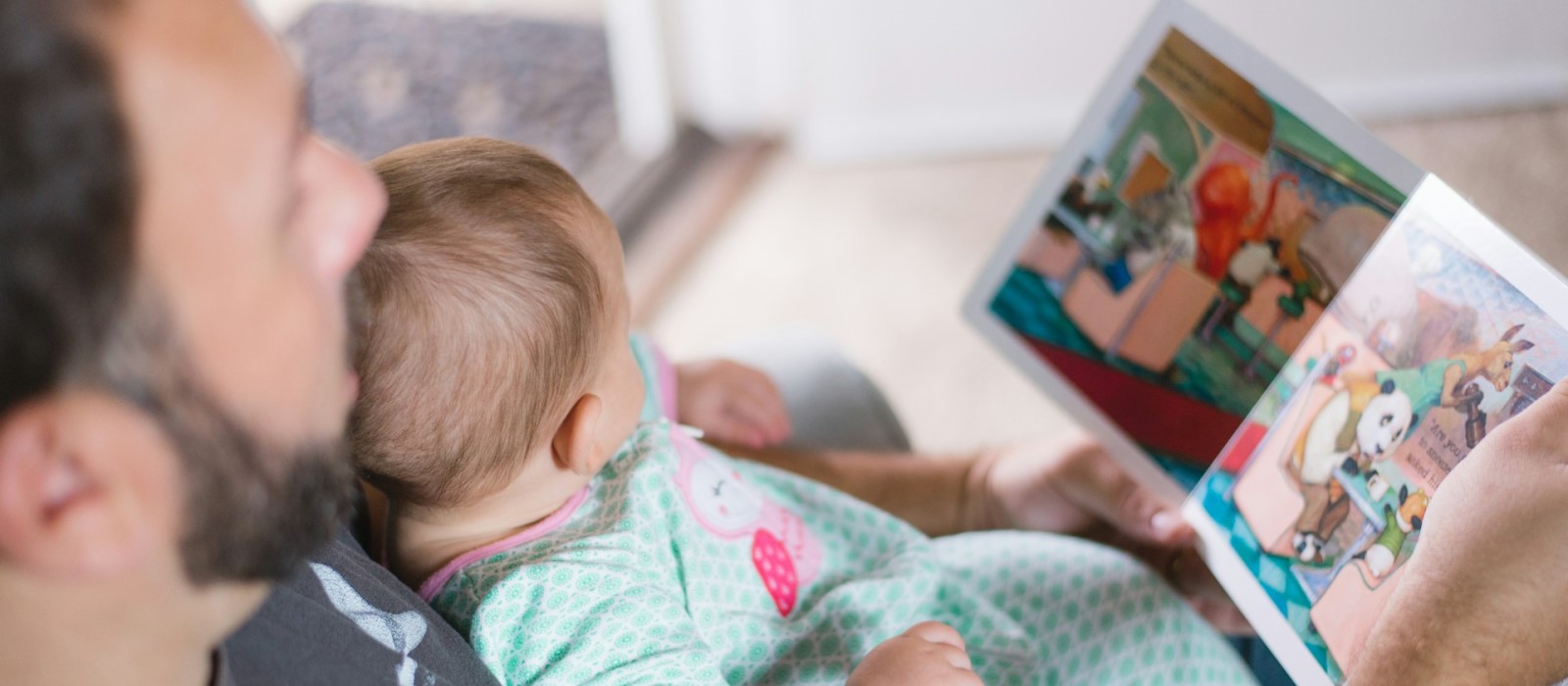How is the COVID-19 Pandemic Impacting Parenting?

Father reading to child | Picsea via Unsplash
Study Context
The COVID-19 pandemic has created enormous financial strain and material hardship for families across the globe. According to one recent survey, 43% of parents in the United States report that they or a family member has lost a job or work hours, and about 33% have had to take time off from work to stay home and care for their children (Karpman et al. 2020). Much prior research has shown that children’s early life experiences are pivotal for establishing positive trajectories of brain growth, and social, emotional and cognitive development. Thus, it is critical to understand how the pandemic may be impacting the environments in which young children are developing. This study focuses on one aspect of children’s early environments that is a well-known driver of their cognitive development: the speech that parents direct to them.
Study Design
The study team recruited a total sample of 62 caregivers and their infants and collected repeated daily measurements, over a 30- to 60-day period, of caregivers’ experienced hardships, stress, worries, and emotional well-being, as well as their conversations with their children recorded at home. The team is assessing both contemporaneous and lagged associations among caregivers’ hardships, stress, well-being, and speech to children. The team will use idiographic methods to detect family-specific patterns in addition to larger patterns across the sample. Currently, the daily audio recordings submitted by parents are being transcribed and a subset of parents are being interviewed to add qualitative insights to the study.
Results and Policy Lessons
Based on the audio transcripts that have been completed thus far, there is considerable day-to-day variability in children’s language environments. More results will be available after the transcription and data analysis are completed.

